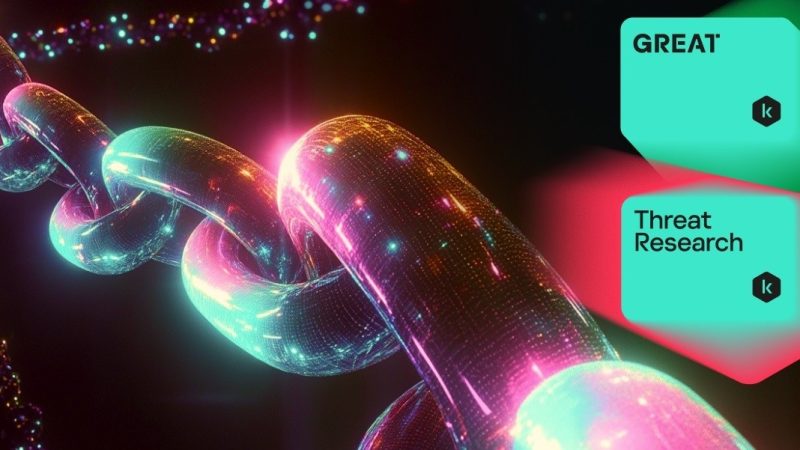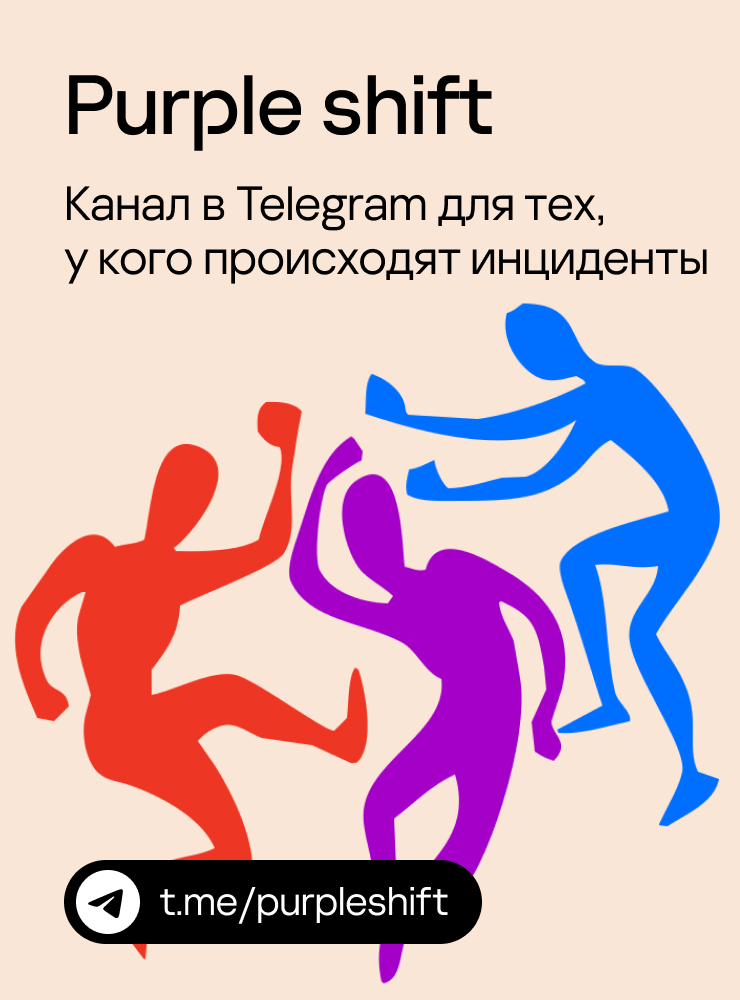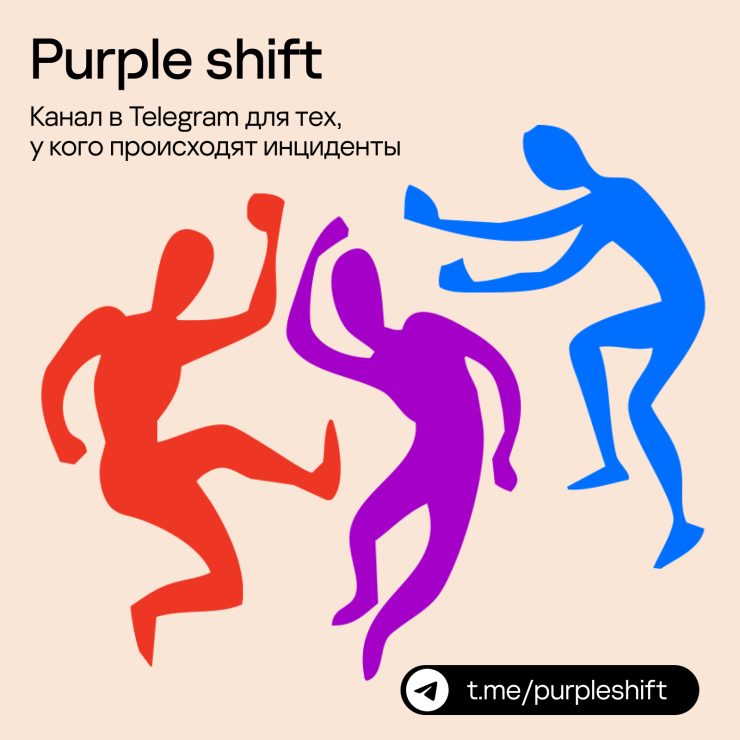Публикации
Отчеты
Последние кампании HoneyMyte: обновленный бэкдор CoolClient и несколько вариантов стилера
Разбираем обновленный бэкдор CoolClient, а также новые инструменты и скрипты, замеченные в кампаниях APT-группы HoneyMyte (aka Mustang Panda и Bronze President), включая три браузерных стилеров.
Активность Cloud Atlas в первой половине 2025 года: что изменилось
Эксперт «Лаборатории Касперского» описывает новые вредоносные инструменты, применяемые APT-группой Cloud Atlas, включая импланты бэкдоров VBShower, VBCloud, PowerShower и CloudAtlas.
Продолжение операции «Форумный тролль»: российских политологов атакуют при помощи отчетов о плагиате
Эксперты GReAT «Лаборатории Касперского» обнаружили новую волну кибератак APT-группы «Форумный тролль», нацеленную на российских ученых-политологов, доставляющую на устройства фреймворк Tuoni.
Новые инструменты и методы APT-группы Tomiris: Havoc, AdaptixC2, реверс-шеллы
Разбираем новые инструменты и методы APT-группы Tomiris: реверс-шеллы на разных языках программирования, открытые фреймворки Havoc и AdaptixC2, а также каналы связи через Discord и Telegram.




